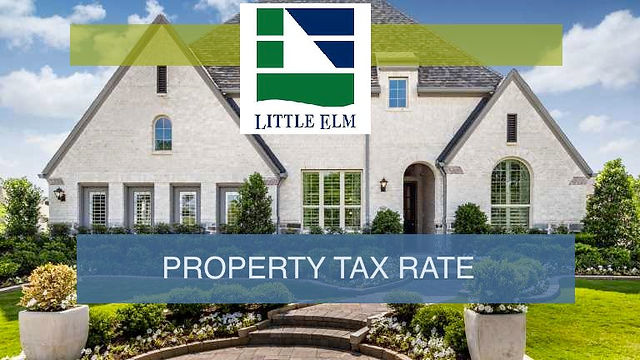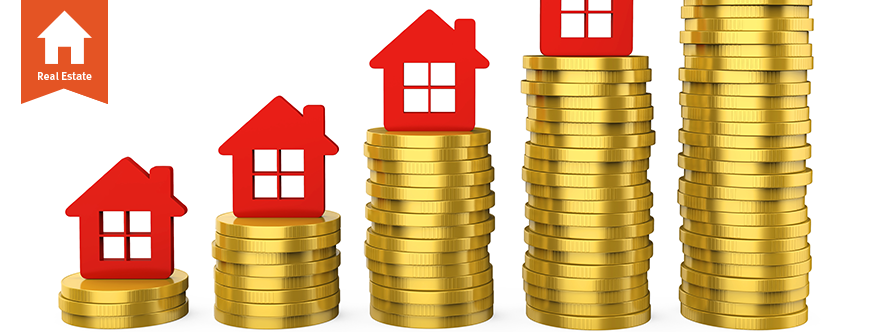
There are many options to generate passive income with real estate. Among these are renting property, House flipping, REITs, and Peer-to-peer lending. This article explains the basics behind passive income from real property. These tips will make sure your investment is a success even if you have very limited funds. Read on to learn more about the possibilities of passive income from real estate. It is easy to reach your real estate goals.
Properties to rent
Renting properties can be a great way to generate passive income through real estate. You should choose the right tenants, but there are some things you can do to make sure you get the best income. Not only should you screen prospective tenants thoroughly but also be alert for vacant properties. Failure to carefully screen potential tenants can result in you losing money, having a lengthy eviction procedure, or even a lawsuit.

Flipping houses
Passive income from house flipping can come from a variety of sources. To generate income, fixer-uppers and foreclosure properties can be flipped. These properties can be sold as fully renovated and fully rented rentals or as turnkey rental property. The property can be rented out to new owners who will manage the rental income. House flipping offers a great way to make passive income. The process is streamlined with technology.
Peer-to-peer lending
Passive income options are many when it comes investing in real property. For example, single-family homes can be more hands-off than apartment buildings. Other than paying the rent, you will also have to manage the property, pay the insurance and monitor the maintenance. A storage facility investment can provide passive income in addition to real estate investments. These properties are in high demand in almost every US region. You can also generate passive income from leasing your space to tenants.
REITs
Passive income from real estate REITs offers a great way to diversify portfolios for the average investor. These securities have low investment cost, with units as low $500. If you want to make income from real-estate, however, you should know that these REITs must share at least 90% of their income to shareholders. This will leave less money for reinvestment. In this article, we'll examine why passive income from real estate REITs is a great way to do so.

Storage facilities
Self-service storage units can provide passive income that you can use to generate passive income all year. While some locations are seasonal, like Quebec, the demand for more space is virtually constant. You might have many customers throughout the year, depending on your location. Below are some revenue-generating options for storage facilities. Although some of these ideas will require you to put in a lot of effort and time, they will bring you steady income.
FAQ
What should I do before I purchase a house in my area?
It depends on how much time you intend to stay there. You should start saving now if you plan to stay at least five years. If you plan to move in two years, you don't need to worry as much.
How many times can my mortgage be refinanced?
This will depend on whether you are refinancing through another lender or a mortgage broker. You can refinance in either of these cases once every five-year.
How much will my home cost?
This can vary greatly depending on many factors like the condition of your house and how long it's been on the market. The average selling price for a home in the US is $203,000, according to Zillow.com. This
Statistics
- Over the past year, mortgage rates have hovered between 3.9 and 4.5 percent—a less significant increase. (fortunebuilders.com)
- It's possible to get approved for an FHA loan with a credit score as low as 580 and a down payment of 3.5% or a credit score as low as 500 and a 10% down payment.5 Specialty mortgage loans are loans that don't fit into the conventional or FHA loan categories. (investopedia.com)
- This seems to be a more popular trend as the U.S. Census Bureau reports the homeownership rate was around 65% last year. (fortunebuilders.com)
- This means that all of your housing-related expenses each month do not exceed 43% of your monthly income. (fortunebuilders.com)
- The FHA sets its desirable debt-to-income ratio at 43%. (fortunebuilders.com)
External Links
How To
How to Manage a Property Rental
You can rent out your home to make extra cash, but you need to be careful. We will show you how to manage a rental home, and what you should consider before you rent it.
Here are the basics to help you start thinking about renting out a home.
-
What is the first thing I should do? Consider your finances before you decide whether to rent out your house. If you have outstanding debts like credit card bills or mortgage payment, you may find it difficult to pay someone else to stay in your home while that you're gone. It is also important to review your budget. If you don't have enough money for your monthly expenses (rental, utilities, and insurance), it may be worth looking into your options. ), it might not be worth it.
-
How much does it cost for me to rent my house? The cost of renting your home depends on many factors. These include things like location, size, features, condition, and even the season. Remember that prices can vary depending on where your live so you shouldn't expect to receive the same rate anywhere. Rightmove reports that the average monthly market price to rent a one-bedroom flat is around PS1,400. This would translate into a total of PS2,800 per calendar year if you rented your entire home. It's not bad but if your property is only let out part-time, it could be significantly lower.
-
Is it worth it. Doing something new always comes with risks, but if it brings in extra income, why wouldn't you try it? Make sure that you fully understand the terms of any contract before you sign it. You will need to pay maintenance costs, make repairs, and maintain the home. Renting your house is not just about spending more time with your family. Before signing up, be sure to carefully consider these factors.
-
Are there any benefits? Now that you have an idea of the cost to rent your home, and are confident it is worth it, it is time to consider the benefits. Renting your home is a great way to get out of the grind and enjoy some peace from your day. You will likely find it more enjoyable than working every day. You could make renting a part-time job if you plan ahead.
-
How do I find tenants Once you've decided that you want to rent out, you'll need to advertise your property properly. Listing your property online through websites like Rightmove or Zoopla is a good place to start. Once you receive contact from potential tenants, it's time to set up an interview. This will help you assess their suitability and ensure they're financially stable enough to move into your home.
-
How can I make sure I'm covered? If you are worried about your home being empty, it is important to make sure you have adequate protection against fire, theft, and damage. You will need to insure the home through your landlord, or directly with an insurer. Your landlord will typically require you to add them in as additional insured. This covers damages to your property that occur while you aren't there. If your landlord is not registered with UK insurers, or you are living abroad, this policy doesn't apply. In these cases, you'll need an international insurer to register.
-
You might feel like you can't afford to spend all day looking for tenants, especially if you work outside the home. However, it is important that you advertise your property in the best way possible. Post ads online and create a professional-looking site. A complete application form will be required and references must be provided. Some people prefer to do everything themselves while others hire agents who will take care of all the details. Interviews will require you to be prepared for any questions.
-
What do I do when I find my tenant. If you have a contract in place, you must inform your tenant of any changes. You can negotiate details such as the deposit and length of stay. It's important to remember that while you may get paid once the tenancy is complete, you still need to pay for things like utilities, so don't forget to factor this into your budget.
-
How do you collect rent? When the time comes for you to collect the rent you need to make sure that your tenant has been paying their rent. If your tenant has not paid, you will need to remind them. After sending them a final statement, you can deduct any outstanding rent payments. If you're struggling to get hold of your tenant, you can always call the police. They will not usually evict someone unless they have a breached the contract. But, they can issue a warrant if necessary.
-
What are the best ways to avoid problems? It can be very lucrative to rent out your home, but it is important to protect yourself. Make sure you have carbon monoxide detectors installed and security cameras installed. You should also check that your neighbors' permissions allow you to leave your property unlocked at night and that you have adequate insurance. Do not let strangers in your home, even though they may be moving in next to you.